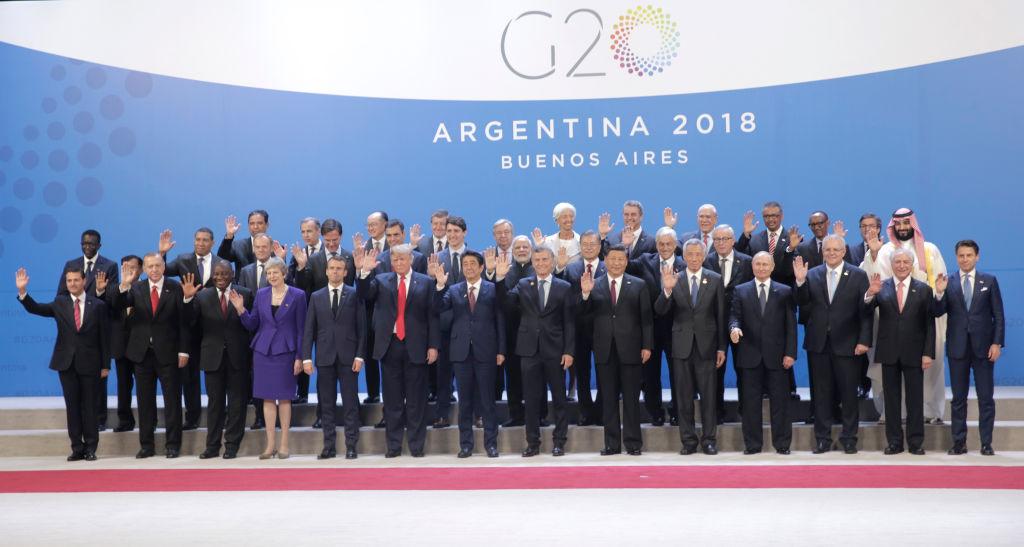BUENOS AIRES, Argentina—Leaders of the world’s top economies agreed for the first time to reform the 23-year-old World Trade Organization (WTO), backing President Donald Trump who has repeatedly called the organization a “disaster.” In this and other measures, Trump came away from the high-profile meeting with a win.
At the G-20 summit in Buenos Aires, Argentina, leaders ended their two-day meeting on Dec. 1 with a communiqué that acknowledged that the world trade body needs fixing.





